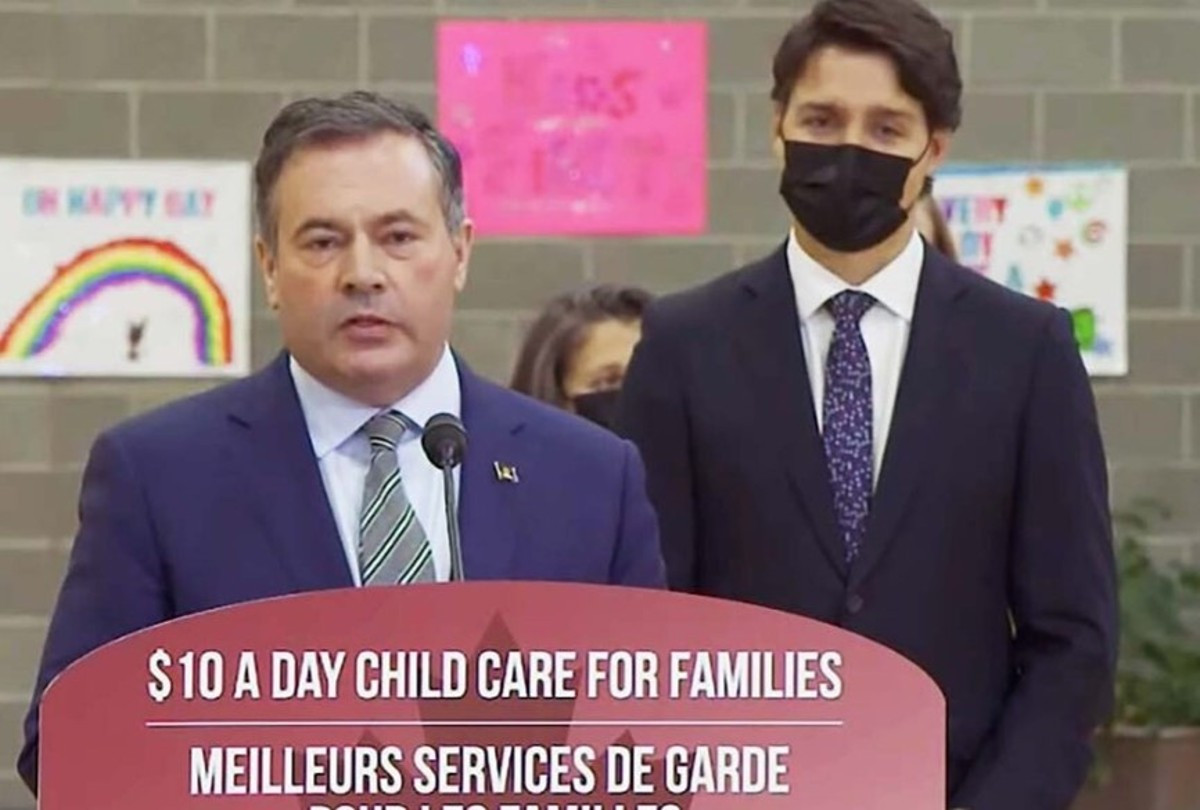A 'Deranged Vendetta'? Alberta Premier Slams Trudeau's Oil and Gas Emissions Cap
The Canadian government, led by Prime Minister Justin Trudeau, has unveiled a long-awaited plan to cap greenhouse gas emissions from the country's oil and gas sector, setting off a firestorm of criticism from Alberta Premier Danielle Smith. Smith, known for her outspoken opposition to federal policies, has labeled the new regulation a "deranged vendetta" against her province. The announcement has reignited the ongoing tensions between Ottawa and Alberta over climate change policies and the role of the energy sector in Canada's economy.
The Cap and its Implications
The proposed regulations, which are expected to be finalized in 2025 and come into effect in 2026, aim to reduce emissions from upstream oil and gas operations by 35% below 2019 levels by 2030. The government intends to implement a cap-and-trade system, where companies would be given emissions allowances, with the ability to buy or sell these allowances depending on their emissions levels. This system is designed to incentivize companies to reduce their emissions, although the details of the cap-and-trade system remain unclear.
The new regulations have triggered a wave of backlash from Alberta, which is home to the majority of Canada's oil and gas production. Premier Smith has vehemently criticized the cap, claiming it will harm Alberta's economy and result in job losses. She argues that the targets are unrealistic and will require oil and gas companies to reduce production levels, ultimately impacting provincial revenue and public services. Smith has further accused the Trudeau government of using the cap as a political tool to appease voters in central Canada, while ignoring the needs of Western Canada.
A Clash of Ideologies
The controversy surrounding the emissions cap reflects the deep ideological divide between the federal government and Alberta over climate change policy. The Trudeau government has committed to ambitious targets for reducing greenhouse gas emissions, including reaching net-zero emissions by 2050. This commitment has led to a series of policies aimed at transitioning Canada's economy away from fossil fuels. Alberta, however, remains heavily reliant on the oil and gas sector, and Premier Smith has voiced her opposition to policies perceived as hindering the industry's growth.
Industry Reactions
The oil and gas industry has also expressed concerns over the impact of the emissions cap. The Canadian Association of Petroleum Producers (CAPP) has described the cap as an overly complex layer of regulations, warning that it could deter investment and drive away jobs. Pathways Alliance, a consortium of major oil sands producers, has argued that the cap will make Canada less competitive in the global energy market, as other countries continue to produce oil and gas. They also contend that the focus on emissions reductions comes at the expense of economic growth and job creation in Alberta.
A Long Road Ahead
The debate over the emissions cap is likely to continue as the regulations move towards finalization. Alberta has vowed to challenge the cap in court, while the oil and gas industry is expected to push for revisions and exemptions. It remains to be seen how the Trudeau government will respond to the opposition, and whether they will proceed with implementing the cap in its current form. The outcome of this dispute could have significant implications for the future of Canada's energy sector and the country's climate change policies.
A Fight for the Future
The clash over the emissions cap highlights the complex challenges facing Canada as it navigates the transition to a low-carbon economy. The tension between environmental concerns and economic interests is a constant struggle, with no easy solutions. The coming months will be crucial in determining the course of this dispute and the impact it will have on the Canadian energy landscape.

















